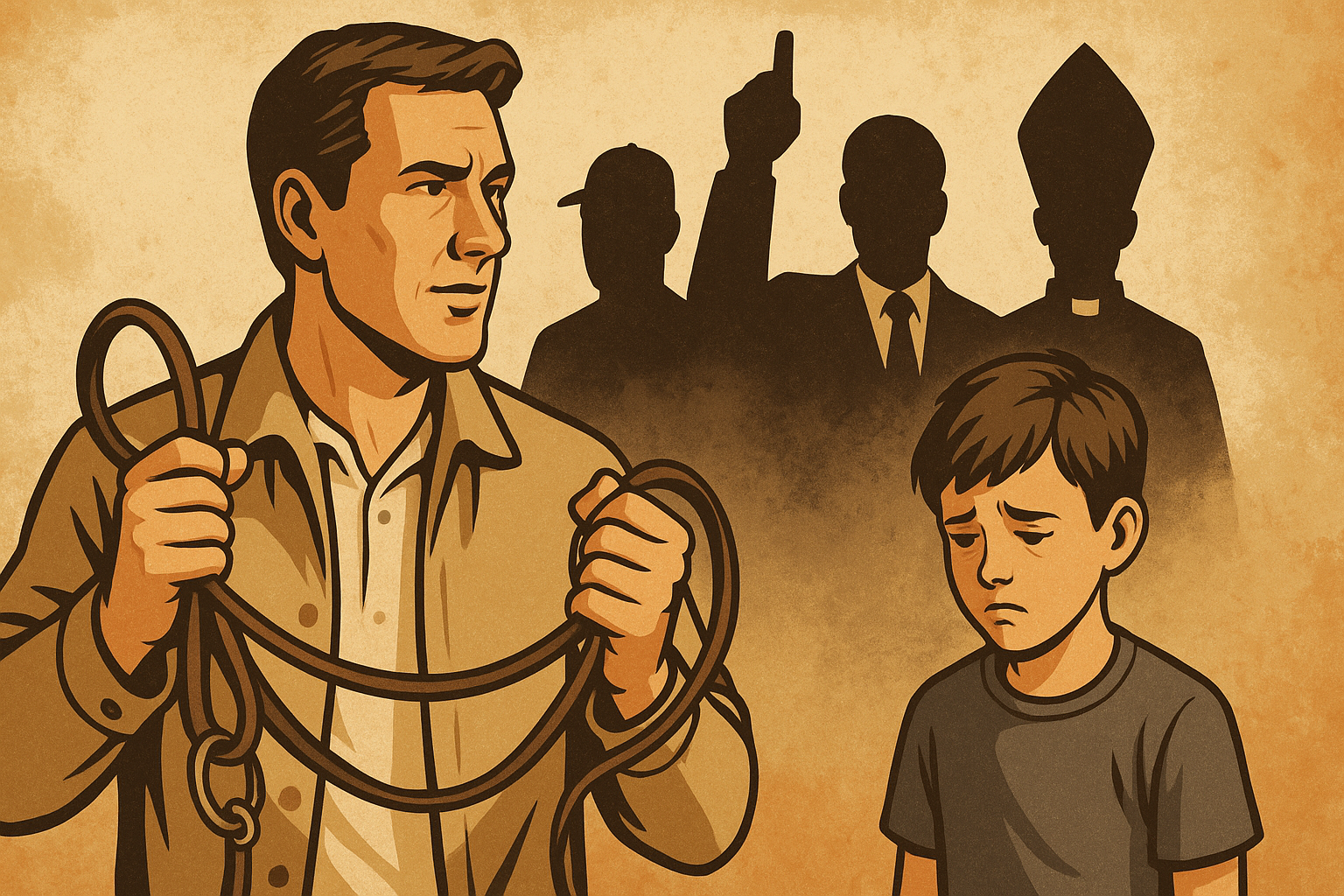Health Problems Caused by Alcoholism
Given the increasing opioid epidemic that’s currently plaguing the millennial generation, it’s important to remember the negative consequences of alcoholism. While opioid use often manifests with visible physical symptoms even in its early stages, alcoholism is called the “silent killer” because its effects are less obvious right away. However, the health problems associated with excess alcohol consumption are nonetheless just as deadly as any other addiction.
One of the most widespread consequences of even moderate alcohol consumption is related to the body’s cardiovascular system. Even people who limit drinking to periods of celebration with friend and family suffer from something doctors call “holiday heart,” where increased alcohol intake triggers heart palpitations and tightness of breath, mimicking the signs of a heart attack. These episodes of holiday heart are not without risk: some types of abnormal heart rhythms can lead to stroke or heart failure, if not treated. In alcoholics who drink to excess regularly, the stress on the body’s cardiovascular system is even more damaging and can lead to early heart disease and other health problems related to a weakened cardiovascular system.
Health Consequences
 Of course, the health consequence most closely associated with alcoholism is cirrhosis of the liver. It is responsible with processing toxins in the blood stream. Any amount of alcohol consumed makes the liver work harder than normal. It creates conditions that often leave fatty deposits, cause liver inflammation, and create a build-up of scar tissue. So, liver becomes less capable of filtering out toxins in the blood, this failure can create stress on other organs.
Of course, the health consequence most closely associated with alcoholism is cirrhosis of the liver. It is responsible with processing toxins in the blood stream. Any amount of alcohol consumed makes the liver work harder than normal. It creates conditions that often leave fatty deposits, cause liver inflammation, and create a build-up of scar tissue. So, liver becomes less capable of filtering out toxins in the blood, this failure can create stress on other organs.
The body breaks alcohol down into various components during the process of digestion. Some of those components, such as acetaldehyde, have been known to increase risks of cancer. Excessive drinking also leads an addict to use more tobacco products. The risks of cancer double to include those types of cancers inked to smoking, such as mouth and lung cancers.
The process of digesting alcohol can also cause issues in the stomach and intestinal tract. Alcoholics often avoid eating so that the high from drinking is more intense. But, drinking on an empty stomach can result in malnutrition and its many related health problems. Since alcohol dehydrates, drinkers often suffer from ulcers/hemorrhoids, which can be the source of internal bleeding, if left untreated.
Health Risks
One of the overlooked categories of health risks related to alcohol consumption are automobile accidents. Just one drink can dull a driver’s response time so that he or she is incapable of responding to changing traffic patterns in a timely fashion. Additional drinks can cause drivers to drive significantly over or under the speed limit and to swerve in his or her lane, increasing the chances for fatal accidents should they cross over into oncoming traffic. This is just one of the ways that drinking affects the brain negatively by interfering with motor coordination. Other ways is that it can cause sudden shifts in mood and behavior that damage interpersonal relationship, whether personally/professionally. Alcohol is a depressant and can exacerbate existing mental health issues.
Drinking temporarily affects motor coordination, but it can damage the alcoholic’s brain permanently. Heavy alcohol consumption causes memory loss and bring on other signs of dementia because it makes certain part brain atrophy.
While it’s true that the effects of alcohol on the body can vary due to a person’s weight, genetic makeup, gender, and level of fitness, the results of scientific findings are overwhelming in their consensus about the negative effects of alcohol on the body.



